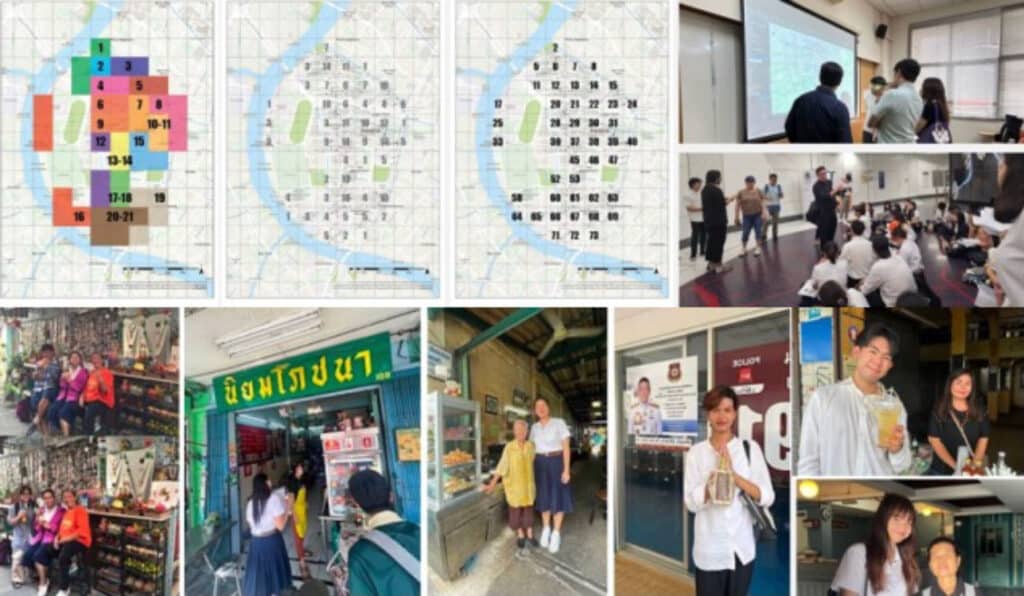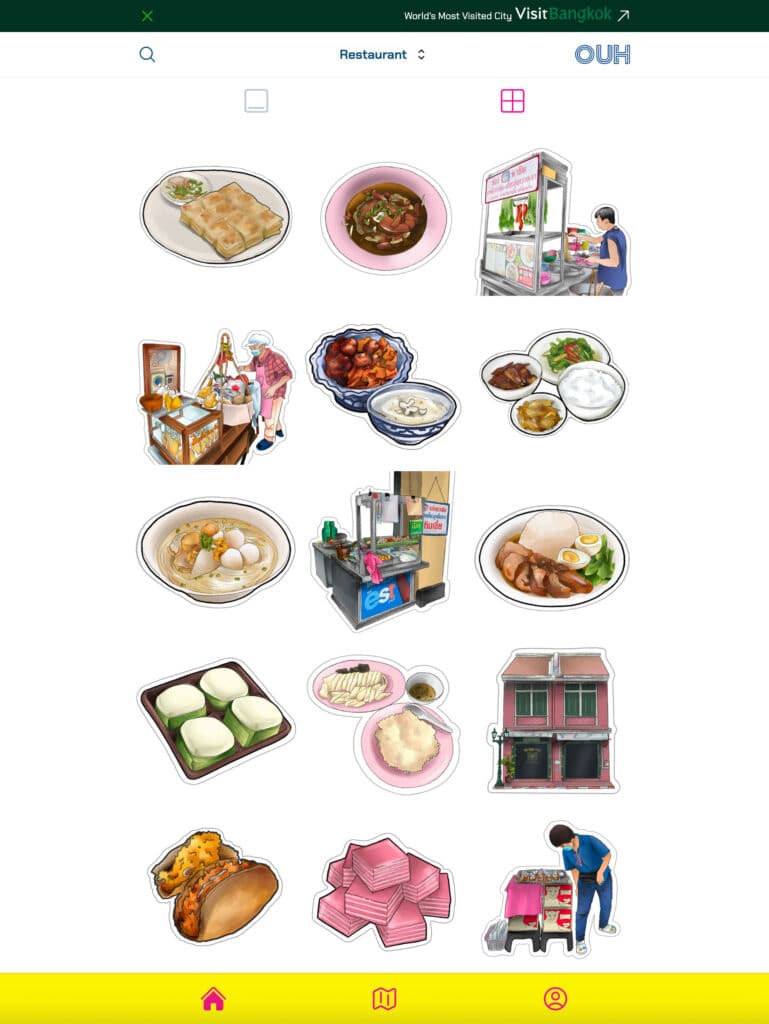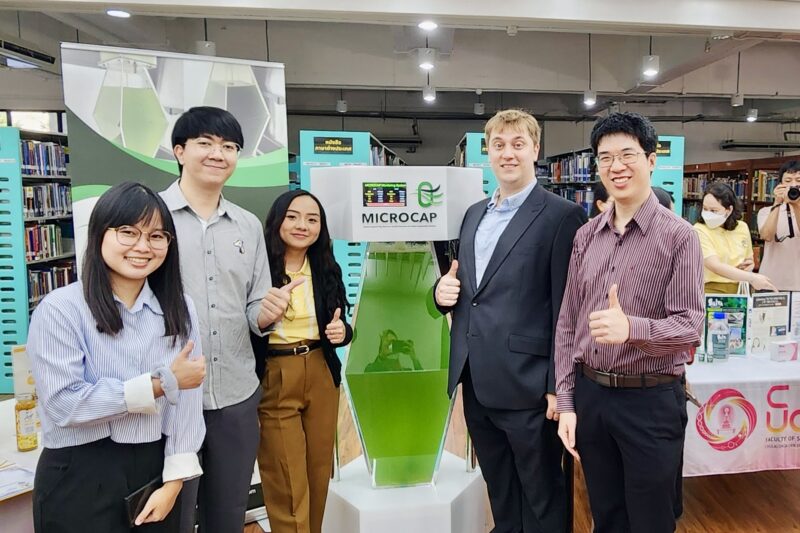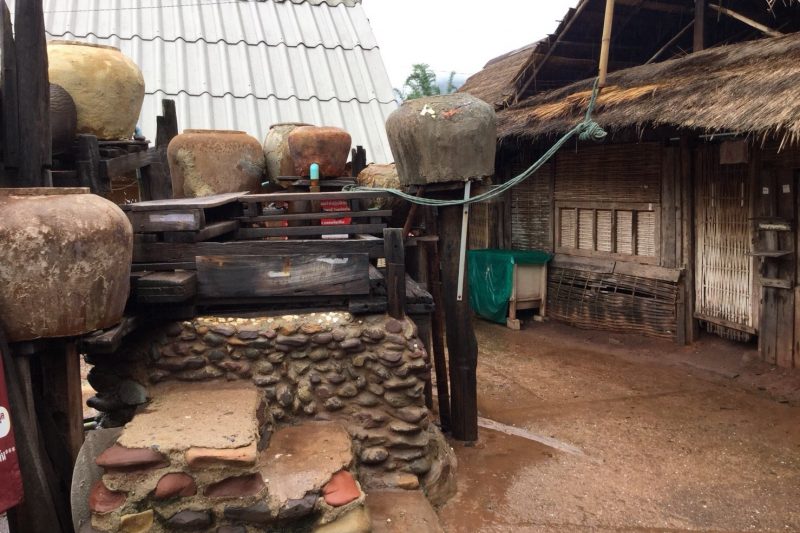The Ordinary Urban Heritage (OUH) Map of Bangkok’s Historic District: A Participatory Digital Mapping Project for the Conservation and Economic Growth of Everyday Local Foods and Sacred Spaces
Photo by Polina Kuzovkova on Unsplash
“The OUH Map of Bangkok’s Historic District is a pioneering project addressing the neglect of “Ordinary Urban Heritage.” The project revitalizes overlooked everyday local foods and sacred spaces, safeguarding them from silent decay and the loss of social memory. The project delivered a sustainable digital platform, ouhmap.com, a creative archive that combats heritage decline by providing a historical record and attracting new customers. Its strategic partnership with the City of Bangkok ensures the platform’s longevity, making it a permanent part of the city’s infrastructure. The project’s profound impact is rooted in a participatory “Living Lab” methodology that engaged local communities and international partners in a process of co-creation. This academic research ensured the web app’s design and features were built collaboratively, directly reflecting the community’s identity. This approach transformed the web app’s purpose from navigation to a tool that turns passive visitors into active witnesses of heritage.”
The OUH Map of Bangkok’s Historic District is a pioneering research project that directly addresses a critical and often-overlooked gap in traditional heritage conservation: the neglect of “Ordinary Urban Heritage.” Traditional models are top-down, fixating on monumental sites while ignoring the everyday tangible and intangible cultural assets of diverse communities, like eateries and sacred shrines. The loss of these assets erodes cultural identity and social memory. This oversight leads to a devastating situation: businesses are run down or closed as older owners lack descendants, while others face gentrification and displacement by new, tourist-focused ventures. Without support or new customers, these heritages serve only an existing, aging clientele, a silent process of decay that is frequently unrecognized by official records. This project intervenes to flip the script on traditional conservation by empowering communities to define and preserve their own heritage.
The project’s profound impact is rooted in its application of social science and humanities principles to co-create the web app, ouhmap.com. The research applied a participatory process that framed the web app beyond just design, delving into the very identities of local heritages, the features people wanted, and how community members could actively take part in its administration and development. This inclusive approach resulted in a universal design accessible to all ages and encouraged people to take part in everyday heritage recognition, with an easily accessible, user-friendly design featuring sketches of foods and sacred spaces. The digital map’s purpose is not just to help people navigate to these heritages, but to transform them from passive visitors into active witnesses of the heritage’s story. The project pioneered a collaborative “Living Lab” methodology, engaging local people alongside students from Chulalongkorn University and a partner from France, School of Architecture Paris-Belleville. This turned students into facilitators of knowledge co-creation, building a robust framework and visualizing map prototypes.
The project delivered a sustainable digital platform, ouhmap.com, a creative living, interactive archive. Since its launch in July 2025, the platform has seen significant engagement, with approximately 550 expressions of interest and over 250 shares, including notable coverage from the Bangkok Metropolitan Administration (BMA) and Chulalongkorn University. The platform combats heritage decline by providing visibility to attract new customers, fostering awareness of their value, and creating a record that transcends the need for successors. The app’s “light version” encourages user uploads, and its unique “photo timelapse” features document the evolution of these sites. This crowdsourced data transforms the community into the primary caretaker of its own heritage, fostering social cohesion and a sense of shared responsibility. To ensure its long-term viability, a partnership was forged with the City of Bangkok, which now acts as a co-administrator, committing its annual budget to maintaining the web app and providing critical institutional support. This strategic collaboration guarantees the project’s longevity. What began in Rattanakosin is now expanding to Bangkok’s Chinatown and the inner city’s new food district. The OUH Map is a global standard for how Ordinary Urban Heritage can be proactively conserved and adapted in a rapidly changing world.

By Faculty of Architecture, Chulalongkorn University
Others
ASEAN Way Forward for SDGs and COP21 through Social and Sustainability Sciences
OHEC Thailand collaborated closely with Chulalongkorn University to propose relevant ideas and action recommendations for The Association of Southeast Asian Nations (ASEAN) in 2019 during its tenure as ASEAN Chair.
The Development of the Creative Tourism Project
Creative tourism is an industry with high potential which can generate income and improve the quality of life nation-wide with sustainability.






